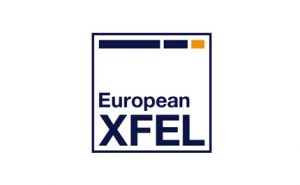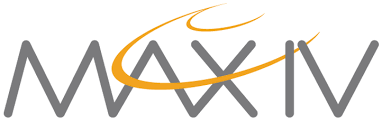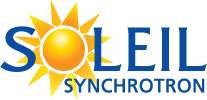Training materials
-
lesson, workflow, training
Training Workflow on Terahertz Spectroscopy at TELBE
terahertz Higgs dataset data analysis spectroscopy FAIR training TELBE photon metadata
-
jupyter notebook
Offline data analysis tutorial
Extra-data Extra-geom pyFAI data analysis
-
video
Tour of MAX IV accelerators with professor Sverker Werin
synchrotron accelerator physics
-
video
Remote operations at BioMAX
remote operations automation diffraction experiments
-
video
IR spectromicroscopy and imaging with six decades of dynamic range
infrared spectromicroscopy imaging
-
git, tutorial, slides, e-learning
McStas and McXtrace schools
McStas McXtrace simulation neutron simulation x-ray simulation -
Document
Synchrotron SOLEIL’s contribution to What’s on our plates
combined analysis techniques food safety allergens astringency
-
Document
Synchrotron SOLEIL’s contribution to Medical Diagnosis and Prognosis
detection sensitivity health diseases combined analysis techniques
-
Document
Synchrotron SOLEIL’s contribution to Quantum Materials
quantum materials information storage quantum topology superconductivity quantum computer
-
Document
Synchrotron SOLEIL’s contribution to Astrophysics & Astrochemistry
astrophysics astrochemistry cosmic dust molecules of life Titan